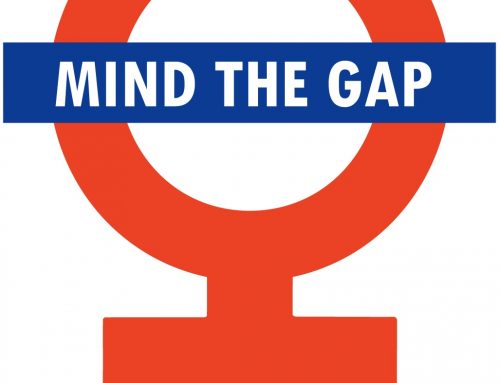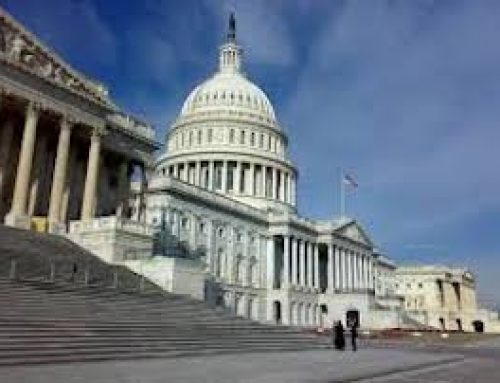 President Trump recently hit first 100 days in office. While the media has heavily covered his attempts at immigration and health care reform, coverage about gender issues has been less concentrated. Let’s take a brief look at how women’s issues have fared under the new administration.
President Trump recently hit first 100 days in office. While the media has heavily covered his attempts at immigration and health care reform, coverage about gender issues has been less concentrated. Let’s take a brief look at how women’s issues have fared under the new administration.
Equal Pay and Harassment
Pay parity suffered a setback when Trump signed an executive order revoking the 2014 Fair Pay and Safe Workplaces directive. Under this 2014 directive, companies with federal contracts were required to give employees a statement clearly outlining the rate of pay, hours worked, and total amount of pay. The Fair Pay directive also banned forced arbitration clauses for sexual harassment, better known as “cover-up” clauses. Trump’s order ended that ban, making it more difficult for women to sue employers over harassment claims.
Family Leave and Childcare
Trump has not yet taken action on promises made during the campaign for federal leave or child care tax deductions.
STEM and Entrepreneurship
Trump’s policies look a bit less dim when you look at the Promoting Women in Entrepreneurship and the Inspiring the Nest Space Pioneers, Innovators, Researchers, and Explorers (INSPIRE) Acts that Trump signed into law. Promoting Women in Entrepreneurship Act authorizes the National Science Foundation to recruit and support women in their entrepreneurial programs. INSPIRE directs NASA to encourage women to enter STEM through the support of summer programs and a NASA GIRLS program, as well as holding NASA accountable for developing a plan and following through on increasing women’s representation at NASA.
In addition, Trump and Canadian Prime Minister Justin Trudeau launched the Canada-United States Council for Advancement of Women Entrepreneurs. The council plans to promote the growth of women-owned businesses by opening up access to capital and design programs for women to re-enter the workforce after an absence.
The legislative steps Trump took are at least a sign that there is recognition of women’s issues in the White House. Yet, the rollback of the Fair Pay and Safe Workplaces directive takes aim at two areas crucial for women in the workplace: equal pay and recourse in the event of sexual harassment. Let’s hope that the second 100 days results in more positive action.





